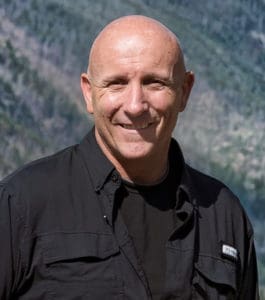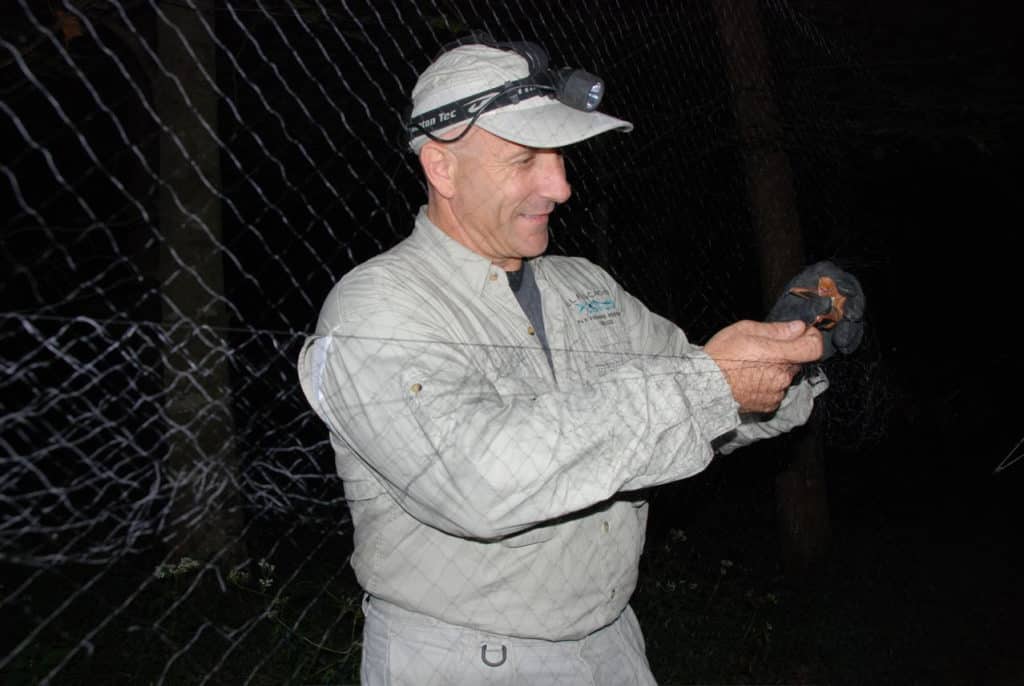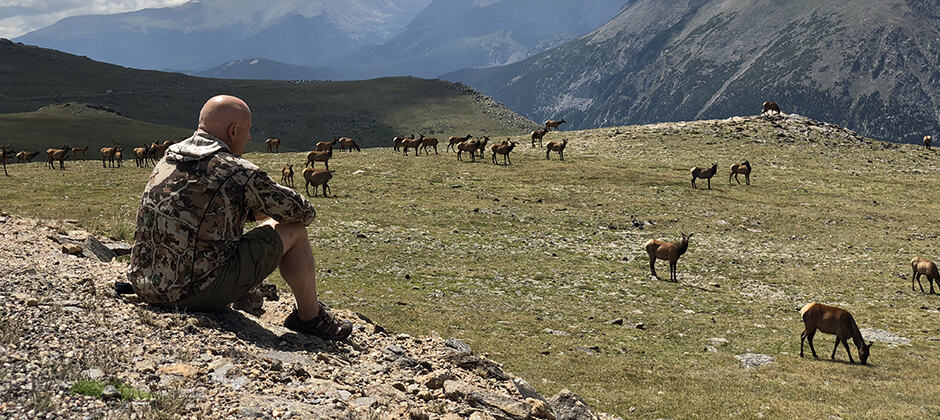Share this article
Council hires Ed Arnett as new TWS CEO
The TWS Council has hired Ed Arnett to serve as The Wildlife Society’s new CEO. Arnett begins the new position on Nov. 1, taking over the seat most recently held by Ed Thompson, who retired in August.
“This is a huge opportunity to maximize my impact in this last part of my career,” Arnett said. “I’m humbled and deeply honored to be joining the TWS team and help our staff, Council and members lead TWS into the future at a critical time in wildlife conservation history.”

Ed Arnett
A certified wildlife biologist and longtime TWS member, Arnett has a varied career in wildlife conservation and management, having worked for federal agencies, the private sector, conservation nonprofits and universities. He has served as associate editor of the Wildlife Society Bulletin; published research on a range of species, from bats to bighorn sheep; and hosts the public television conservation series “This American Land.”
“Ed just has this broad background and a very deep dedication to working with wildlife and the wildlife profession,” said TWS President Carol Chambers. “He has a passion for wildlife, a knowledge of a variety of taxa and experience working with a number of different types of organizations, agencies and groups.”
Arnett has spent the last nine years with the Theodore Roosevelt Conservation Partnership, first as director of its energy and wildlife policy program and for the last 6 ½ years as chief scientist. He previously worked at Bat Conservation International as director of conservation programs and director of science and policy, and he led pioneering research efforts on bat mortality at wind energy facilities.
Arnett said his priorities include keeping TWS financially strong; improving TWS’ international presence; implementing diversity, equity and inclusion initiatives; and ensuring that members are equipped to deal with challenges facing wildlife and the profession, including climate change and the public’s shifting wildlife values.
“We need to be able to address all threats to wildlife—old and new—as a profession,” Arnett said, “and ensure that the public is still on the side of wildlife conservation. Part of that comes down to ensuring that our profession has the training, the programs, the policies, the initiatives and partnerships necessary to be as effective as we can possibly be as things continue changing now and in the future.
“I also want to make sure the breadth and diversity of our wildlife professionals—all of them—believe they are truly welcome and being represented by their professional society,” Arnett said. “This is very important to me. No matter who you work for or what you do, there should be something TWS has to offer for everyone.”

Ed Arnett catches an eastern red (Lasiurus borealis) bat in a mist net. Credit: Bat Conservation International
Arnett joined TWS in 1984 as an undergraduate in fisheries and wildlife management at Montana State University. He received his master’s degree in zoology and physiology in 1990 from the University of Wyoming and a PhD in forest science in 2007 from Oregon State University, where he studied bats in managed forest landscapes.
His career has taken him from a biological technician at Grand Teton National Park to a wildlife biologist for the U.S. Forest Service and U.S. Fish and Wildlife Service to a wildlife research biologist for the Weyerhaeuser Company. He also is an adjunct professor in the department of fisheries, wildlife and conservation biology at Colorado State University.
For many public television viewers, he is the face of “This American Land,” a documentary series that has delved into issues from wild horses to climate change. That kind of public interface is important for wildlifers, Arnett said.
“Communicating our science and conservation efforts to the public is critical to maintain their understanding and support, and TWS has a role to play in helping our professionals achieve this. If we don’t have a public supporting wildlife, we’re not going to have wildlife,” he said, “or we’re going to have wildlife managed in a manner that may be detrimental to many species and unsustainable over the long term.”
Arnett takes the helm at TWS as the Society prepares for the virtual TWS 2021 Annual Conference, which takes place Nov. 1-5, where he plans to be actively involved and take the opportunity to meet with members in his new role.
He lives in Loveland, Colorado, with his wife Glenda and their dogs.
Header Image: Ed Arnett looks out over a herd of elk (Cervus canadensis) in Rocky Mountain National Park. Credit: Sara Way








